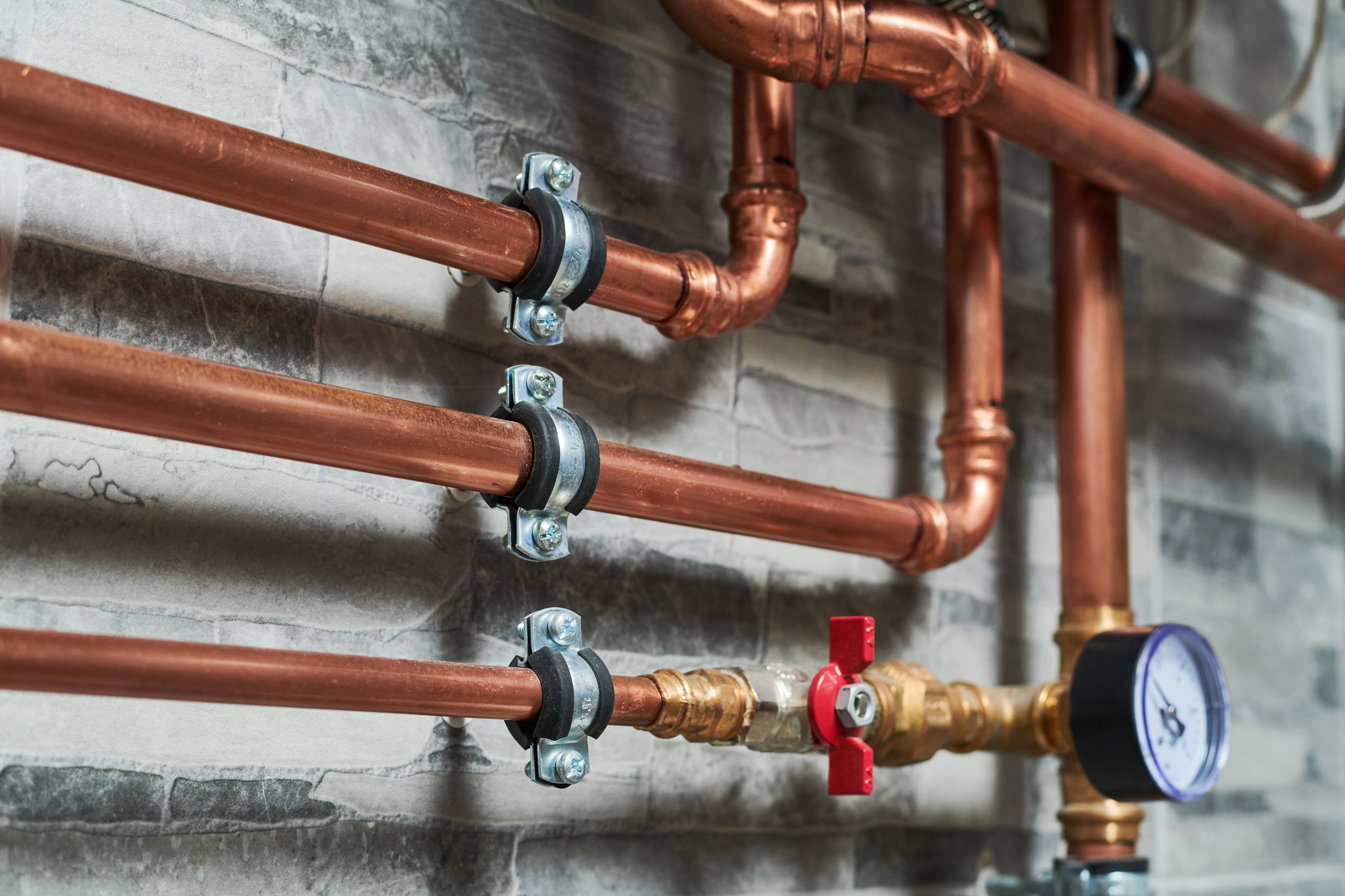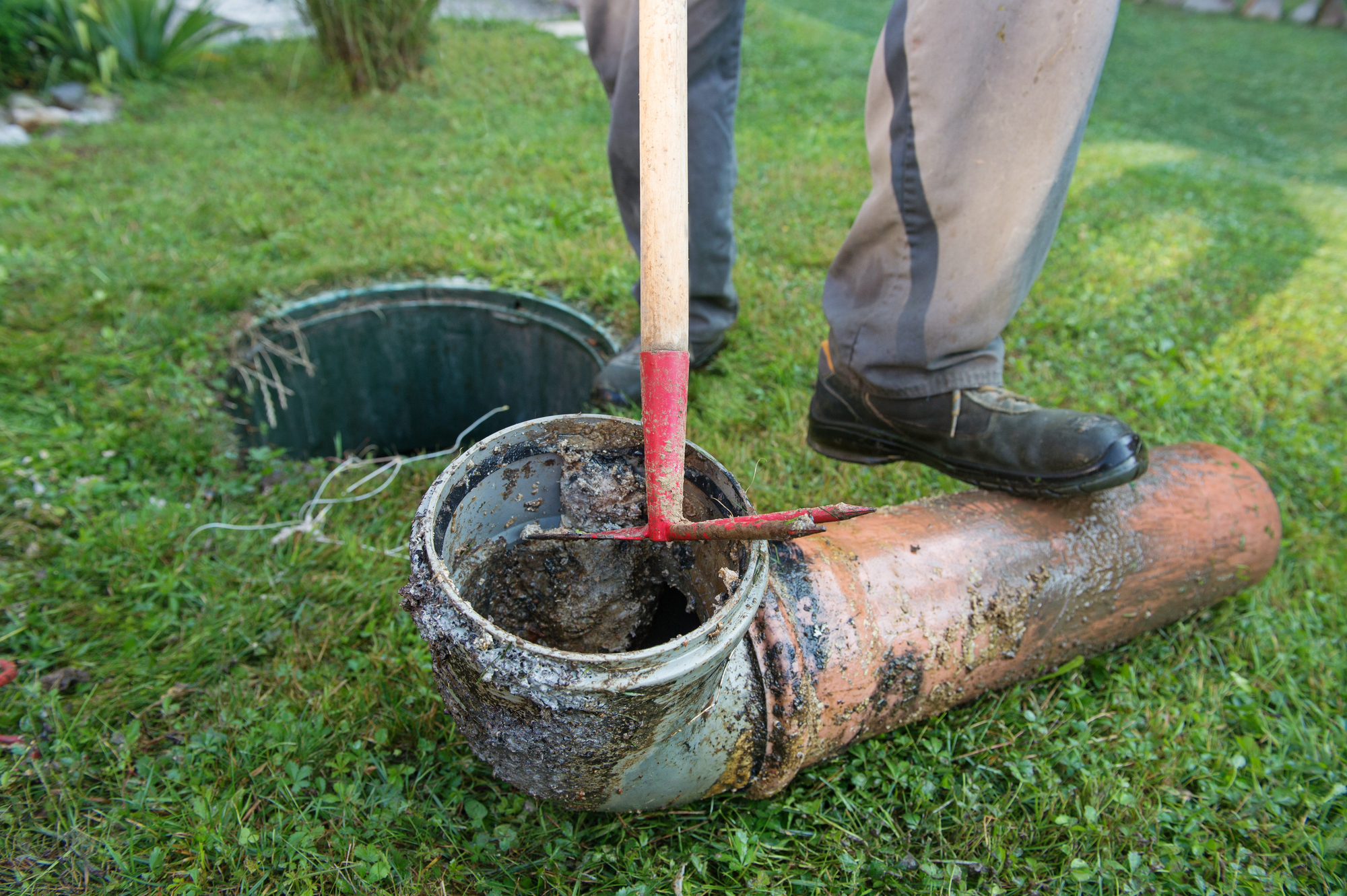Septic tanks are a crucial component of a plumbing system, and many households across the United States rely on them to manage their wastewater. However, if not treated adequately, septic tanks can develop various issues that can lead to costly repairs or even replacement. In this article, I will discuss several key factors related to septic tank maintenance that any homeowner should know.
Septic Tank Overview
Septic tanks are underground systems that collect and treat wastewater from household plumbing systems. Septic tanks are used when a property is not connected to a municipal sewage treatment plant and relies on the natural filtration process in the soil to treat wastewater before returning it to the groundwater supply.
Septic tanks typically have two chambers that separate the solids and liquids. The solids settle to the bottom of the tank, and bacteria decompose them over time. The liquid is then discharged into a drainage field, where it is absorbed by the soil.

Septic Tank Maintenance
Regular maintenance is crucial to ensuring that a septic system functions properly. Proper maintenance can prevent many issues, including clogged pipes, backups, and odors. Here are some tips for taking care of your septic tank:
1. Know the location of your septic tank: Knowing the location of your septic tank is essential for maintenance and service. If you are unsure about the location of your septic tank, contact a local plumbing service.
2. Pump your septic tank regularly: Pumping your septic tank is one of the most crucial septic maintenance tasks. Regular pumping removes the settled solids from the bottom of the tank, preventing them from clogging the pipes or being discharged into the drainage field.
3. Use a septic-safe toilet paper: Many types of toilet paper do not dissolve quickly and can cause clogs in your pipes.

4. Be mindful of what you put down the drain: Avoid putting grease, oil, coffee grounds, and other solids down the drain. These can clog your pipes and reduce the effectiveness of your septic system.
5. Install a septic tank effluent filter: A septic tank effluent filter is a device that sifts out solids that are too small to settle to the bottom of the tank. Installing an effluent filter can reduce the number of solids that build up in your septic system.
Signs of Septic Tank Problems
Ignoring signs of septic tank problems can be costly. Here are some signs that your septic system may need service:
* Slow draining sinks and bathtubs
* Gurgling sounds in your pipes
* Sewage odors inside or outside your house
* Wet spots in your yard or around the septic tank
Conclusion
Septic tanks are an integral part of a plumbing system, and proper maintenance is critical to ensuring they function correctly. While septic systems can last for many years, ignoring maintenance can lead to costly repairs and even replacement. Regular pumping, being mindful of what you put down the drain, and installing a septic tank effluent filter are just a few things you can do to maintain your septic system effectively. Remember to contact a local plumbing service if you notice any signs of septic system problems. Don’t hesitate, give Ace Plumbing Repair a call at (844) 711-1590, or visit aceplumbingrepair.com to schedule a maintenance appointment for your septic system today.






